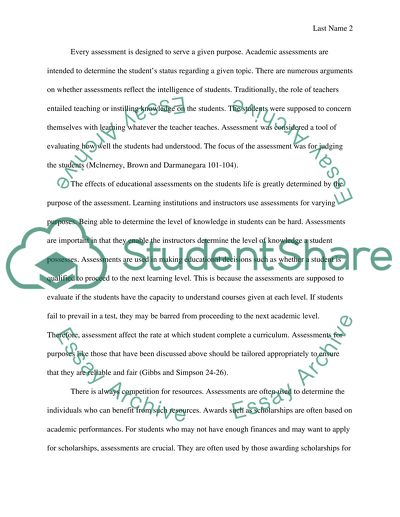Cite this document
(“The effects of the educational assessment on the students life Essay”, n.d.)
The effects of the educational assessment on the students life Essay. Retrieved from https://studentshare.org/education/1461939-the-effects-of-the-educational-assessment-on-the
The effects of the educational assessment on the students life Essay. Retrieved from https://studentshare.org/education/1461939-the-effects-of-the-educational-assessment-on-the
(The Effects of the Educational Assessment on the Students Life Essay)
The Effects of the Educational Assessment on the Students Life Essay. https://studentshare.org/education/1461939-the-effects-of-the-educational-assessment-on-the.
The Effects of the Educational Assessment on the Students Life Essay. https://studentshare.org/education/1461939-the-effects-of-the-educational-assessment-on-the.
“The Effects of the Educational Assessment on the Students Life Essay”, n.d. https://studentshare.org/education/1461939-the-effects-of-the-educational-assessment-on-the.


